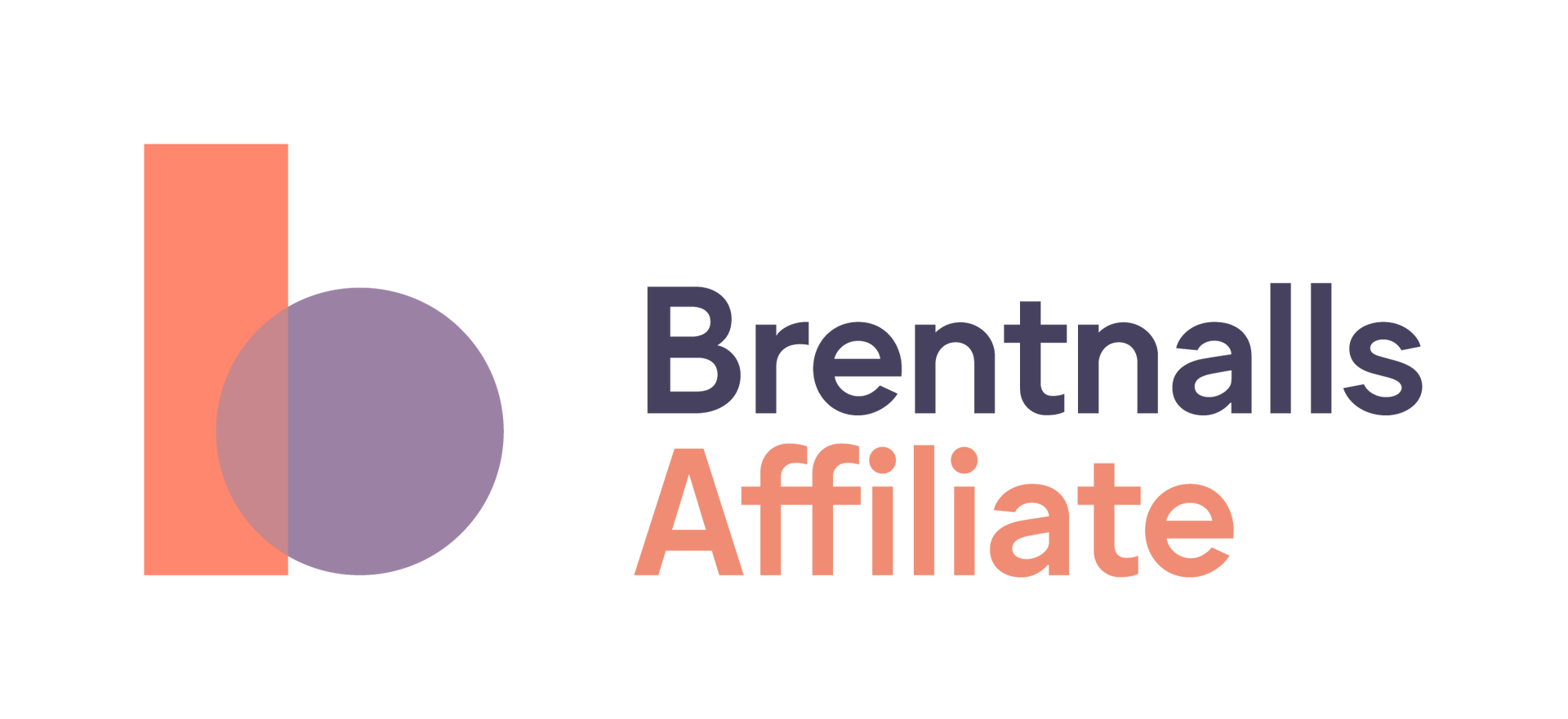News Articles

As inflation continues to dominate headlines, it is critical for your business to take action. We have comprised seven steps that can help you get the better of rising prices.
The latest inflation figures are out from the Australian Bureau of Statistics, and they’re not pretty.
Inflation eased slightly in October 2022, according to new, more timely monthly (rather than quarterly) figures.
The headline annual inflation rate was 6.9% down from 7.3% in September 20221, but it’s a far cry from the 2-3% inflation range the Reserve Bank of Australia would like to see.
High inflation can be a significant source of business stress, potentially eroding profitability and even threatening the viability of an enterprise.
However, there are a number of strategies your business can adopt to mitigate the impacts of consistently rising prices. Here are seven strategies to consider.
1. Explore opportunities to limit external cost increases
Loyalty to a long-term supplier could be costing your business.
Now is the time to gather quotes from a variety of suppliers to gauge if you could get a better deal without compromising on quality, freight costs or delivery timeframes.
If you have the financial capability and storage space, consider stocking up on inventory before prices rise further, or take advantage of early payment discounts. This can be a juggling act as it requires the necessary cashflow and a good understanding of whether stock will become obsolete. However, in the long term it will be worth the effort.
2. Look at ways to lower operating costs
Improving the efficiency of your business can lower costs, reduce waste and improve profit margins without the need to pass higher costs onto customers or clients.
Conduct an expense audit of the business to identify where costs have crept up, and areas where costs can be reduced without too much impact on operations. It can pay to focus on discretionary expenses such as advertising, research and development and staff training.
Recurring annual costs such as insurance premiums should be researched in advance of renewal date to identify potential savings by switching to an alternative provider.
It’s no secret that energy costs are rising – and are set to soar in 2023, so it’s important to get serious about reducing electricity costs. According to Canstar Blue2, only one in four business' have made a conscious effort to use less power in the last year.
One in ten businesses have invested in tools to monitor and understand their energy usage and only 10% have taken the initiative to switch providers in an effort to save money.
Consider getting your entire team to buy into cost reduction strategies by incorporating cost reduction targets into key performance indicators or offer incentives for employees who contribute to cost savings.
Inflation isn’t the only thing rising. Interest rates have seen a dramatic upswing since May 2022, and the Reserve Bank has hinted at the possibility of more rate hikes to come.
3. Review your pricing strategy
No business can continually absorb higher input costs indefinitely, and at some point you may have to review how you price your own goods and services.
Changing your pricing strategy so that it reflects cost increases doesn’t have to mean upping prices, potentially losing market share. There can be other options such as scaling back the size of your product while maintaining the same price.
Alternatively, consider enhancing your value-add when raising prices.
Whichever strategy you opt for, it is critical to undertake analysis to forecast the impact of a price increase on both your bottom line and customer reputation. Strategy is something Brentnalls SA can assist with so that you can make an informed decision, which won’t leave your business worse off.
4. Evaluate your labour costs
Wages are often the single largest expense for a business, so this is an area that deserves special attention. And in a tight labour market, businesses can face the challenge of maintaining a loyal and productive workforce while keeping a lid on wages and labour-related expenses.
In periods of high inflation, maintaining a strong level of productivity is essential. If possible, introduce flexible work arrangements so that the maximum number of employees are working during peak times, while reducing staff numbers during quiet periods of the day/week/month.
Outsourcing, or the use of contract staff, can help a business lower labour on-costs and match staff numbers to workflows. Furthermore, it can also be a way to overcome labour shortages.
Importantly, focus on retaining your best employees. If your business cannot afford to offer a pay rise or bonuses, look for non-cash incentives such as opportunities to work from home or additional annual leave.
5. Invest in technology to boost efficiency
There’s more than a grain of truth to the maxim ‘you need to spend money to make money’. Upgrading an ageing computer network, or introducing software that automates manual tasks such as invoicing can improve productivity and lower costs.
Similarly, upgrading plant and equipment can reduce future repair and maintenance bills, with the added potential to trim power costs.

6. Review financing arrangements
Inflation isn’t the only thing rising. Interest rates have seen a dramatic upswing since May 2022, and the Reserve Bank has hinted at the possibility of more rate hikes to come.
Rising interest rates don’t just add to business costs, they also eat into valuable cash. It makes now the time to reduce debt where possible, or consider restructuring existing finance arrangements.
Making the move to a new lender can be time consuming but it is an area where the Brentnalls SA team can help. It lets you benefit from a streamlined refinancing process, with the potential to deliver valuable cost savings to your business.
7. Partner with an expert
Simply hoping your business will ride out high inflation is not a solution.
Speak with the Brentnalls SA team for expert advice on how and where you can cut costs or grow revenue to navigate a path through high inflation and position your business for the future.
__________________________
2.
https://www.canstarblue.com.au/electricity/electricity-providers-for-small-businesses/
Discuss Further?
If you would like to discuss, please get in touch.
Disclaimer
The information provided in this article does not constitute advice. The information is of a general nature only and does not take into account your individual situation. It should not be used, relied upon, or treated as a substitute for specific professional advice. We recommend that you contact Brentnalls SA before making any decision to discuss your particular requirements or circumstances.







